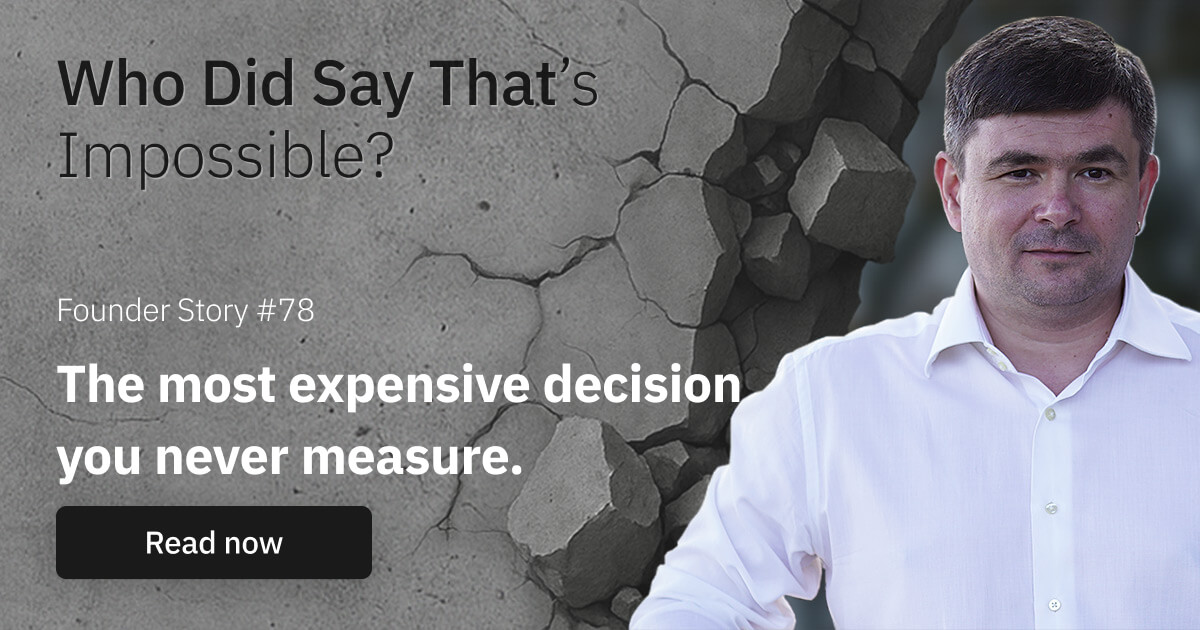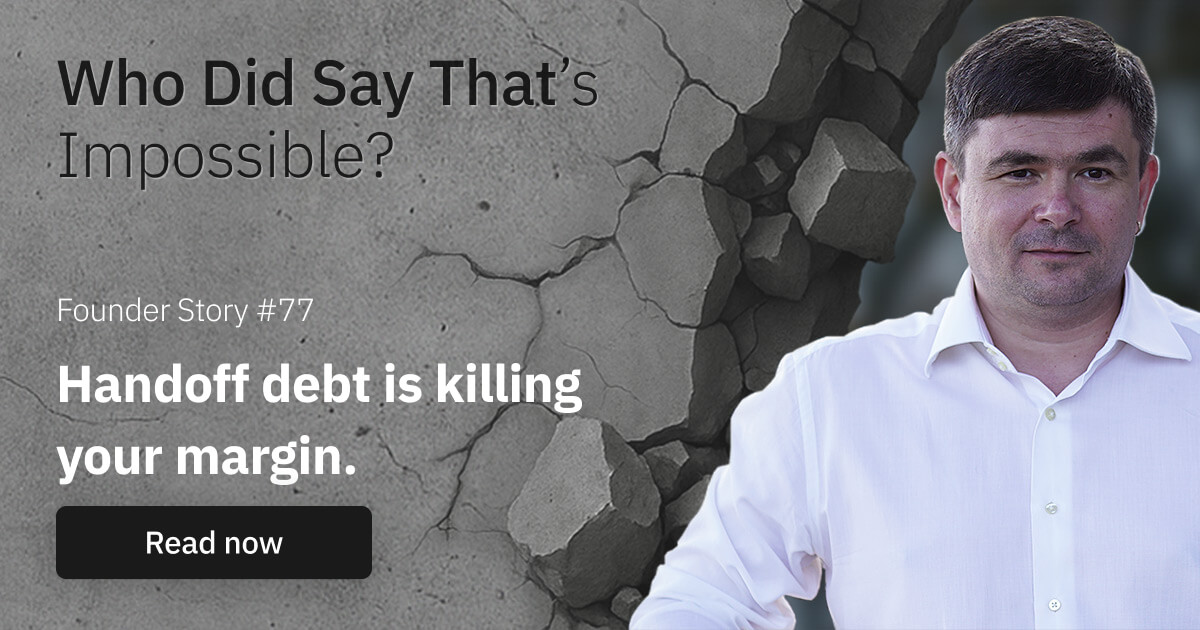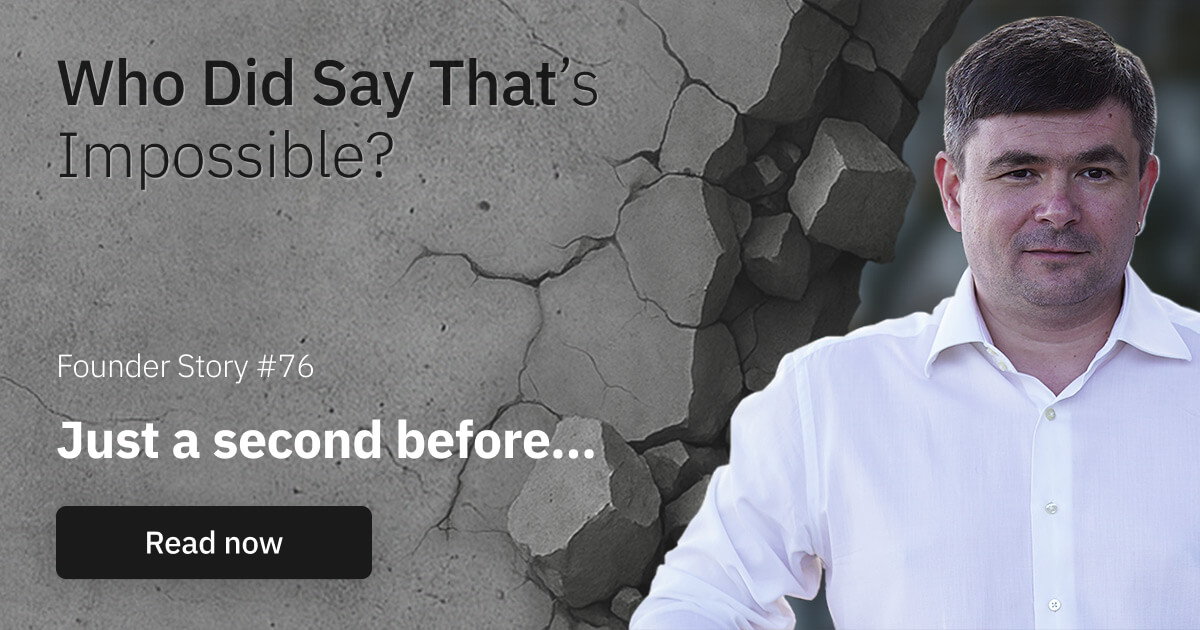I Will Fear No Evil.
Or a minute of justice.
“There is no crime a capitalist wouldn’t commit for 300% profit.”
This well-known quote from Karl Marx’s Capital actually belongs to Thomas Joseph Dunning, a British trade union activist.
However, the statement itself is riddled with logical fallacies:
- Overgeneralization: Attributing the traits of a few individuals to an entire group.
- Attribute transfer: Implying that being a businessperson automatically means one acquired their wealth dishonestly.
A more accurate phrasing might be: “There is no crime a person wouldn’t commit for big money.”
Even then, it’s an oversimplification.
Every individual, including entrepreneurs, eventually faces moral choices.
When opportunities arise to gain wealth, success, or fame, the price often involves difficult compromises: abandoning principles (if they exist), bending ethics, or, in extreme cases, committing crimes.
Side note:
The most horrifying forms of human greed—slave trade, drug trafficking, organized crime, corruption—follow the same rules as any business:
Goods, production, investment, logistics, and “taxes” in the form of bribes or kickbacks.
That’s the reality.
While ordinary people can’t do much about criminal empires managing billions, they can still make choices in their own lives that align with their values.
Some argue that vast fortunes are rarely built on honesty.
There’s a grain of truth in that.
Corporations have evolved into quasi-states. Monopolies and those deemed “too big to fail” stopped playing by the rules of a fair market long ago.
But here’s something important.
Today, there are plenty of examples of solopreneurs and small businesses earning substantial amounts (by most people’s standards) through honest work.
Not everyone who isn’t an entrepreneur sees them as frauds.
Of course, there are those who take a different path.
Well, that’s human nature.
Envy and laziness make some people believe that honest work leads nowhere.Deceit and greed convince others that success is only for scammers.
The result is a vicious cycle.
But the truth is simple: success can be achieved honestly.
To do so, you need:
- Hard work.
- The ability to forego unnecessary luxuries early on.
- Willpower, self-belief, and obsession with your work.
The most important thing is to resist temptation.
Don’t become one of those who, for the sake of quick money, join the ranks of shady operators.
Calling them entrepreneurs doesn’t feel right.
You might say, “Well, who cares?”
But their actions affect everyone.
From direct deception:
- Empty courses.
- Counterfeit products.
- Promises of instant results.
- Subscriptions you can’t cancel.
- Paid fake reviews that mislead people.
To unfair competition (and no, this isn’t about a legitimate unfair advantage, like unique know-how):
- Slander and fake reviews.
- Black-hat SEO and shady promotions.
- Flooding the internet with AI-generated junk, drowning out the voices of real creators.
This is just scratching the surface.
They discourage talented people from trying to improve their lives and becoming entrepreneurs.
And disrupt healthy competition, which benefits both markets and consumers.
What should honest entrepreneurs do?
First, stop whining.
In reality, there aren’t as many shady operators as it might seem—no matter what anyone says.
Second—and most importantly—stay true to your principles and don’t give in to the temptation of easy shortcuts.
It’s hard, time-consuming, and exhausting. But in the long run, it’s the only way.
Resisting temptation is tough.
We’re all human. We all want to live well without too much effort.
Sometimes, the injustice of it all can feel overwhelming.
Still, try to find something good in the things you can’t change.
Without evil, people wouldn’t be able to appreciate good.
I’ve seen it over and over—those who rise quickly on deception inevitably crash, leaving their reputations in ruins.
In today’s internet age, that often leads to complete obscurity and financial collapse.
You can’t fool people forever.
Eventually, customers will feel let down, and partners will turn away.
But those who remain honest and deliver quality products and services will succeed.
It all comes down to a simple choice:
- A fast, temporary rise at the cost of your conscience
- Or a steady, long-term path to prosperity with your soul intact.
The choice is yours.
Disclaimer.
Every business has its nuances, and every founder has their unique context and resources. Whether or not my advice applies depends on your situation, experience, and needs. But one thing is universal—use your brain.
Think about how to apply the advice in your context before acting.
Your way.
- Eugene
Join the “most offbeat” Businessletter on entrepreneurship.

Hi, I’m Eugene.
Over the past 20+ years, I’ve grown an international agency from one-person freelance to a multimillion-dollar business. I’ve led teams, scaled systems, burned out, rebuilt, and learned (the hard way) what it really takes to run a business that doesn’t consume your life.
I help them make sense of complexity, design simple systems, and create the kind of business they actually want to run.
More Stories
Founder Stories

The most expensive decision you never measure
Or minute of realizing that “later” is still a choice

Handoff debt is killing your margin
Or minute of realizing your biggest costs live between tasks, not inside them.


